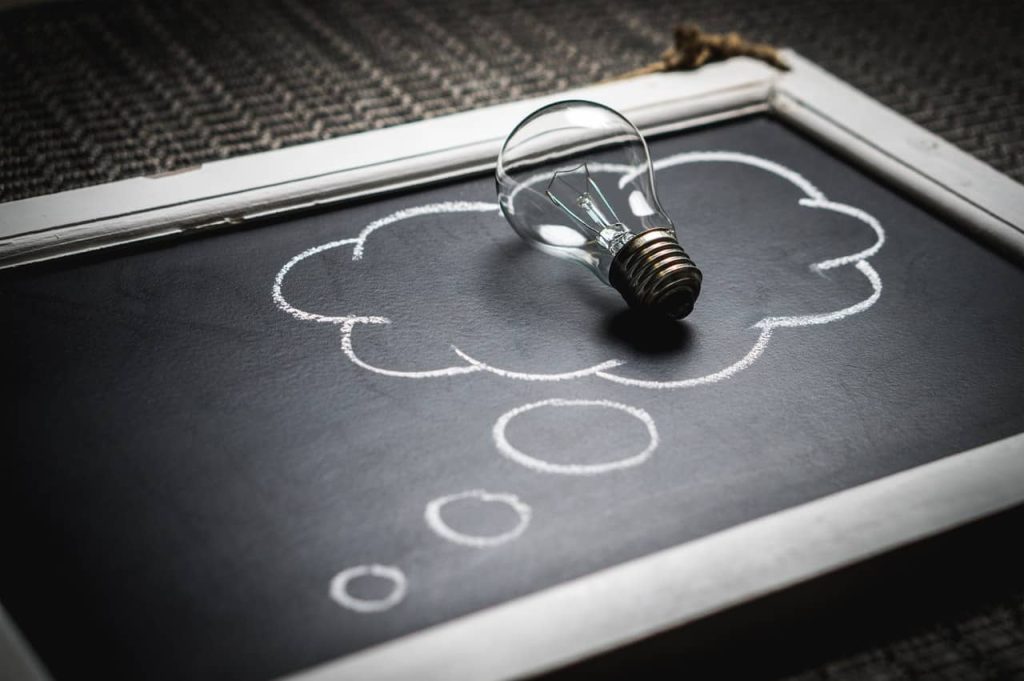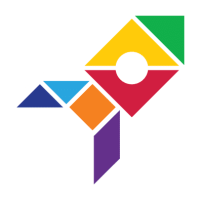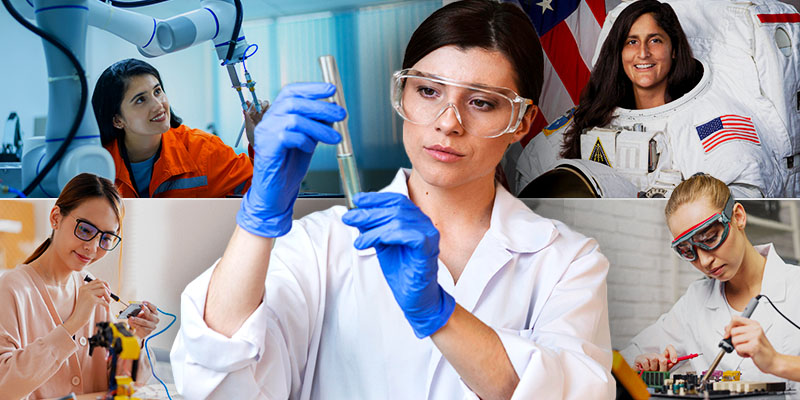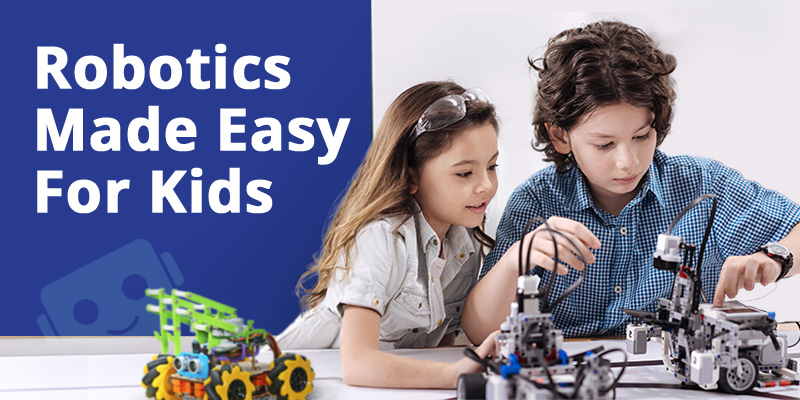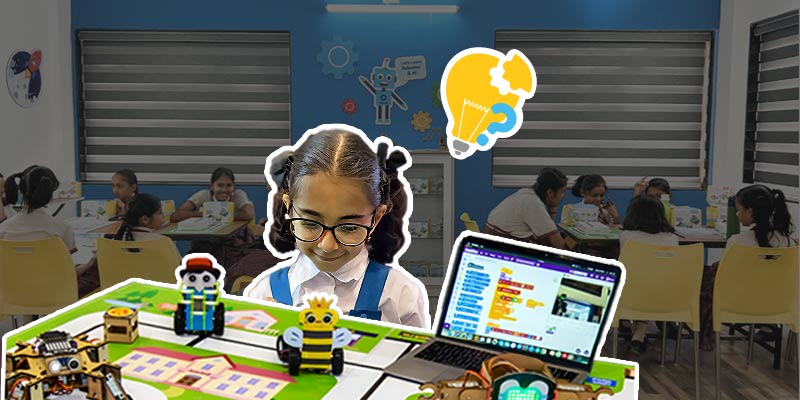Experiential learning is the most important part of a child’s life. Scratch that; it is the most important thing for people of all ages. If we’re not learning, we’re not growing. Psychologists say that most human behavior is learned behavior. You might think that’s a stretch. But we’re learning ever since we took birth. We learn how to walk, eat, cook, drink, and, well, behave. Not just that, even our reactions to problematic situations are learned. We’re conditioned into thinking the way we think, act, speak, and perceive things. We also learn how to prepare for the next moment by reflecting on our past behavior. We learn how to act by idolizing; by learning what our idols would do/have done in a similar situation. Come to think of it, even the most basic humanity comes out of what is called cognitive learning. We can sit back and think that how we act is something that belongs to us solely, but in retrospect, we have learned our actions, reactions, and emotions like compassion, empathy, devotion, and ambition, among other things.
What we learn is sometimes defined by how old we are. For example, a primary thing for a child to learn would be how to drink water, and later, he is going to learn how to eat, then chew, and then swallow. If this part of learning gets skipped, then the child is going to be underdeveloped even as he continues to grow chronologically. This initial part of learning is really important. Today, we are going to talk about how efficient learning as well as staying up-to-date with 21st-century learning is really important for a child, in all areas, and how STEM learning can help with that.
STEM – The Key to Efficient Learning
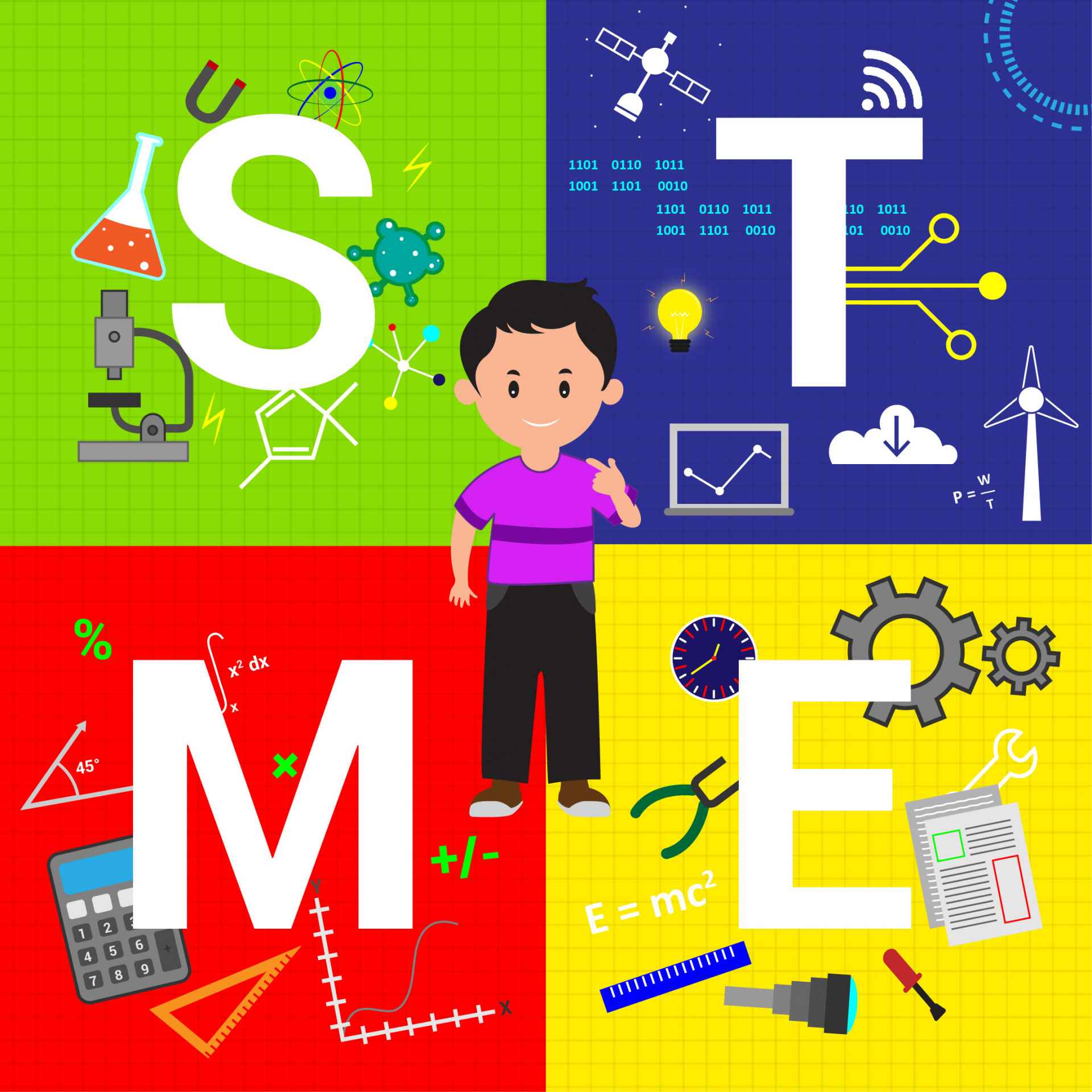
STEM is the safest 21st-century learning technique. It’s the application of an idea that involves trial and error, cognitive learning, DIY, and gaining enough knowledge to solve real-world problems. It’s not just any experiential learning technique; it’s a well-tested, well-implied form of education that gives students a chance to really think and be practical. It encourages students to be pragmatic, and logical. STEM helps with reasoning and tries to eliminate blind faith in textbooks and cramming an endless number of pages for examination. STEM does not only point out your mistakes, but it also teaches you how to learn from your mistakes.
Hon Susan Close MP, Minister for Education and Child Development states, on the importance of experiential learning:
We know that 75% of the fastest-growing occupations now require STEM skills and knowledge. It is critically important that we make sure that our children are learning the skills that they will need to fulfil these roles.
However, during this century, an efficient learning environment is important, and there are some things that all learners must know to be able to use their time effectively and understand their subject thoroughly.
Related: Benefits of STEM Education in Early Childhood
Teachers Make Great Learners
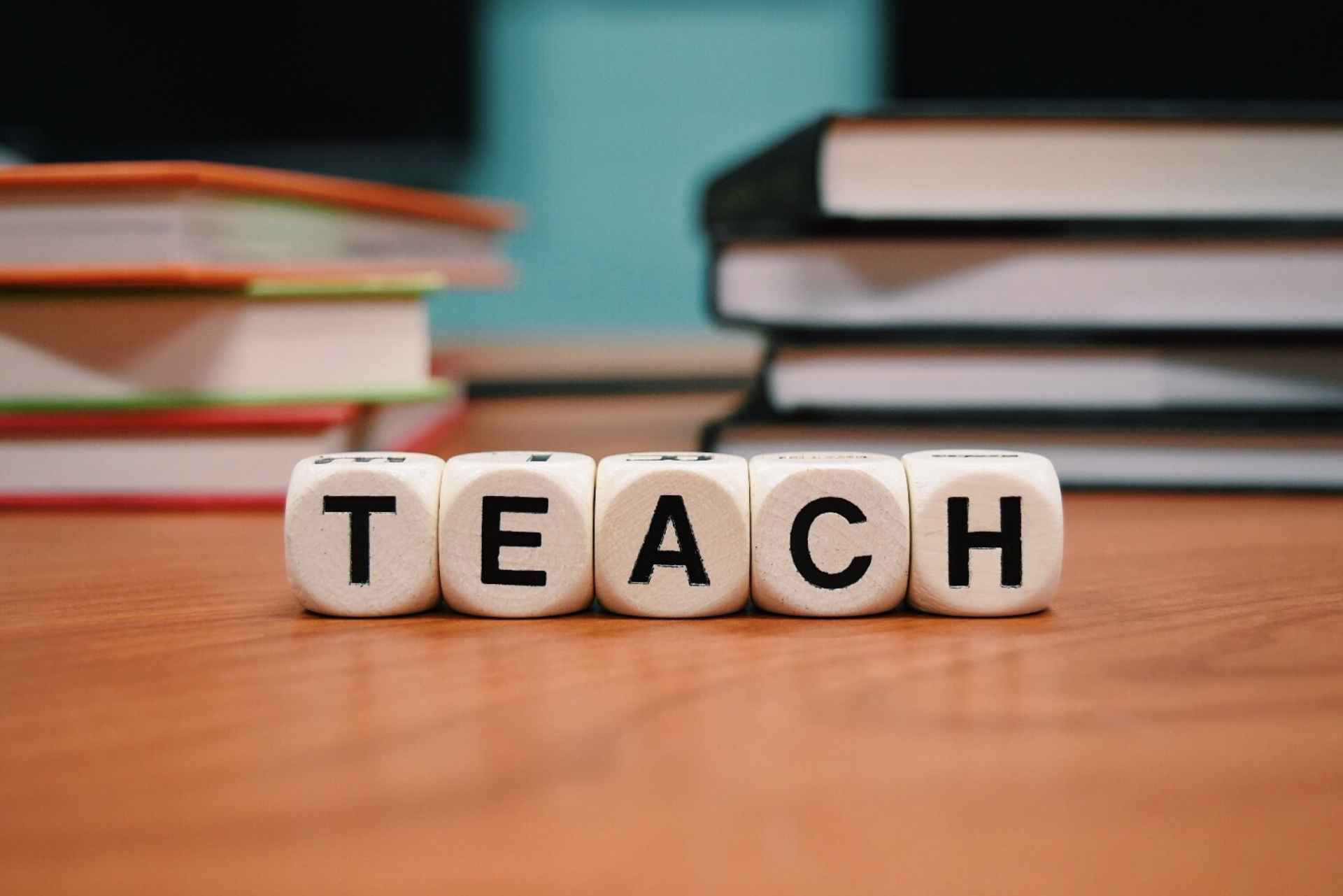
If you can’t explain it simply, you don’t understand it well enough.
– Albert Einstein
Never say no to help. If you try and explain a certain topic to your peers, you will understand where you’re weak and where you’re strong. This is the 21st-century learning, it’s all about rooting for your peers and not bring them down. In teaching, you will learn a lot more than what you already know. Cognitive learning does not happen through textbooks and articles, it happens when your brain is tested enough to apply the concepts in the real world, which brings us to our next point –
Observe and Apply

When we say observe and apply, we’re not just talking about science experiments or things that you practice in labs; we’re talking about abstract ideas like concepts, art, drawing, whatever it may be. As mentioned in the point above, cognitive abilities need their dose of experiential learning. You won’t be able to do it perfectly in the first go. Unfortunately, we’re not Hermoine, who can execute all the spells to perfection in the first try. It will possibly take multiple attempts. Observe, be open to your mistakes and only then the quality of your experience will lead you to efficient learning.
Combine Words and Audio-Visuals
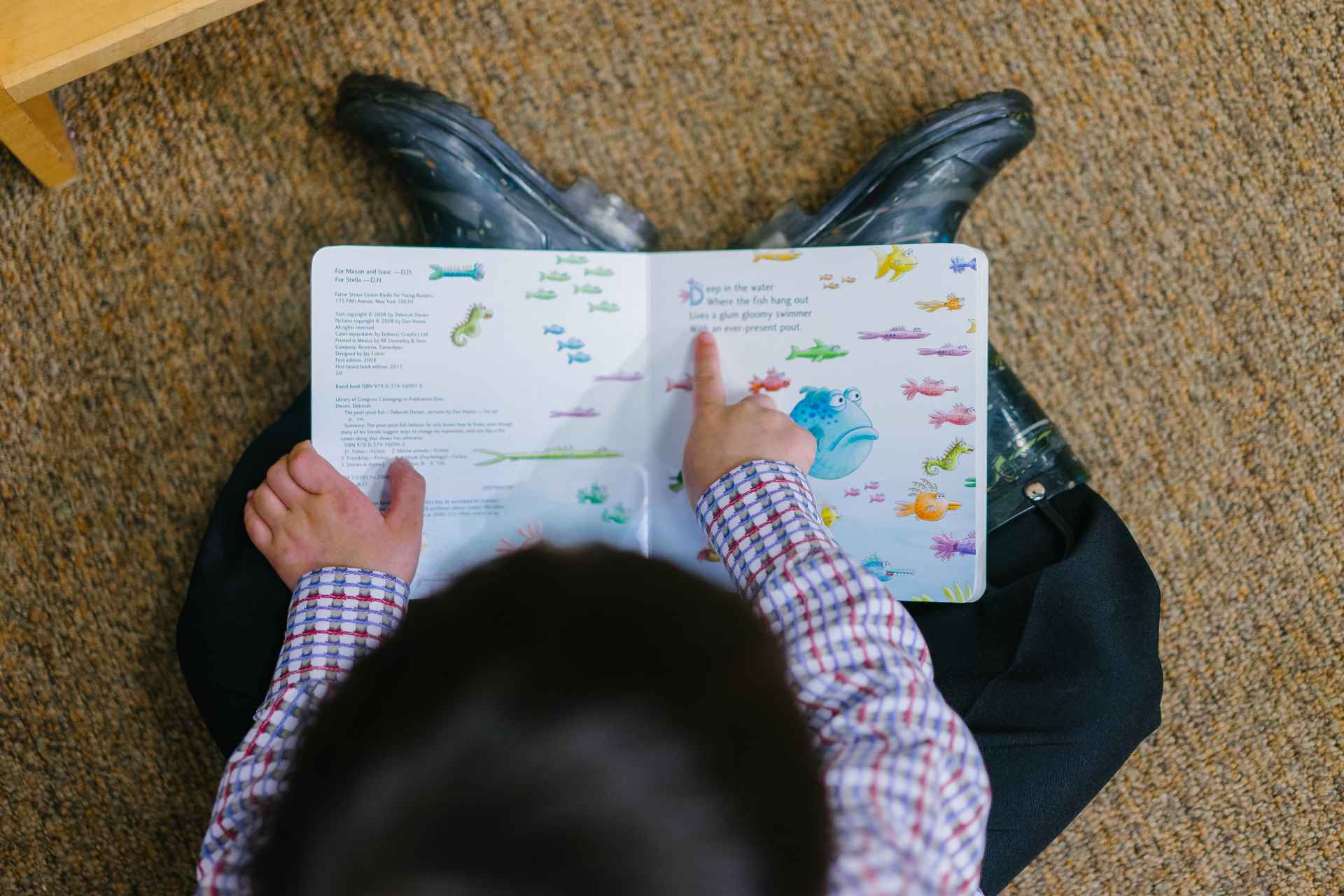
Be innovative with the information provided to you. This is 21st-century learning, we have unlimited access to information technology. Our very much worshipped “Google Baba” can provide answers for your craziest demand. Put this power to good use combine theory with images, graphs, charts, animations, and even videos! We have endless examples of how tedious research on a topic can be turned into an efficient learning video/story. Patriot Act, a political comedy series, is nothing if not a quick rundown of well-researched political issues. CrashCourse, an initiative by Hank Green and John Green teaches a plethora of subjects a lot better than books can. We even have songs to remember science by acapellascience! These are only some of the pioneers of the evolution that is 21st-century learning.
Don’t Multitask

Thinking of multitasking by cramming up all topics one night before the exam and sacrificing your sleep while doing so? Nope. Don’t. Do. It. What you should do, however, is much simpler. Study one topic at a time, and give yourself breaks in between topics. This is really important for efficient learning. It’s ok if you give yourself a couple of days break before picking up a new topic from the same subject. But trying to study all at once is only going to give all the information you’ve gained a shape of clutter. Space out your study sessions. (A little secret: leave time for procrastination in your schedule as well!) You don’t have to learn everything in one sitting if you’ve already studied your topics separately, and understand them well. It can be difficult to plan out your studies and even more so, to actually stick to the schedule but believe us, there is no joy like ticking off a finished task off your to-do list!
Related: Simple Yet Effective Ways to Foster Creativity in Children
In a Nutshell
21st-century learning is new and dynamic. It changes every minute and we need to keep up. Experiential learning is what keeps a person more in tune with their subject. Efficiency increases more the more you teach. Remember that you don’t have to rush into anything. Learning takes time and it’s only fair to you if you take your time with it. That is going to take you a long way in your student life, and after that as well.
Happy learning!

